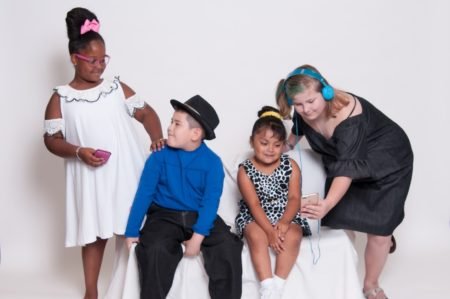The influence of clothing on children’s identity
This topic raises important questions about self-expression, societal perceptions, and personal development. Let explore how clothes can impact children:
- Expression and Identity Formation: Clothes play a significant role in how children express themselves and navigate their identities. From an early age, they may gravitate towards colors, patterns, and styles that resonate with their emerging sense of self. Clothing choices can reflect their preferences, interests, and even aspirations, shaping how they perceive and present themselves to others.
- Social and Peer Interactions: In social contexts, children’s clothing can influence how they are seen by peers and adults alike. Certain styles or brands may signal belonging to specific peer groups or cultural affiliations. Conversely, children may face peer pressure to conform to certain fashion norms or trends prevalent among their peers.
- Influence of Parental Guidance: Parents often play a pivotal role in shaping their children’s clothing choices. They may prioritize practicality, cultural traditions, or personal values when selecting clothes for their children. Parental guidance can also influence how children perceive the importance of appearance and the messages conveyed by their attire.
- Development of Self-Confidence: Wearing clothes that children feel comfortable and confident in can positively impact their self-esteem. When children have a say in their clothing choices, it fosters autonomy and a sense of agency over their personal expression. Conversely, overly prescriptive clothing rules may hinder their sense of identity exploration.
- Understanding Diversity and Inclusion: Clothing diversity is an opportunity to teach children about cultural diversity, inclusivity, and respect for differences. Exposing children to a variety of clothing styles and traditions encourages empathy and appreciation for diverse identities and experiences.
- Balance Between Expression and Authenticity: While clothes can be a means of self-expression, it is essential to recognize that they are just one aspect of a child’s identity. Identity encompasses personality, values, talents, and relationships. Encouraging children to explore and embrace their unique qualities beyond their appearance helps foster a well-rounded sense of self.
While clothes can influence children’s self-expression and social interactions, their impact on identity is part of a broader narrative shaped by personal experiences, relationships, and individual growth. Emphasizing authenticity, self-confidence, and respect for diversity allows children to navigate their identity journey with resilience and a sense of belonging.
